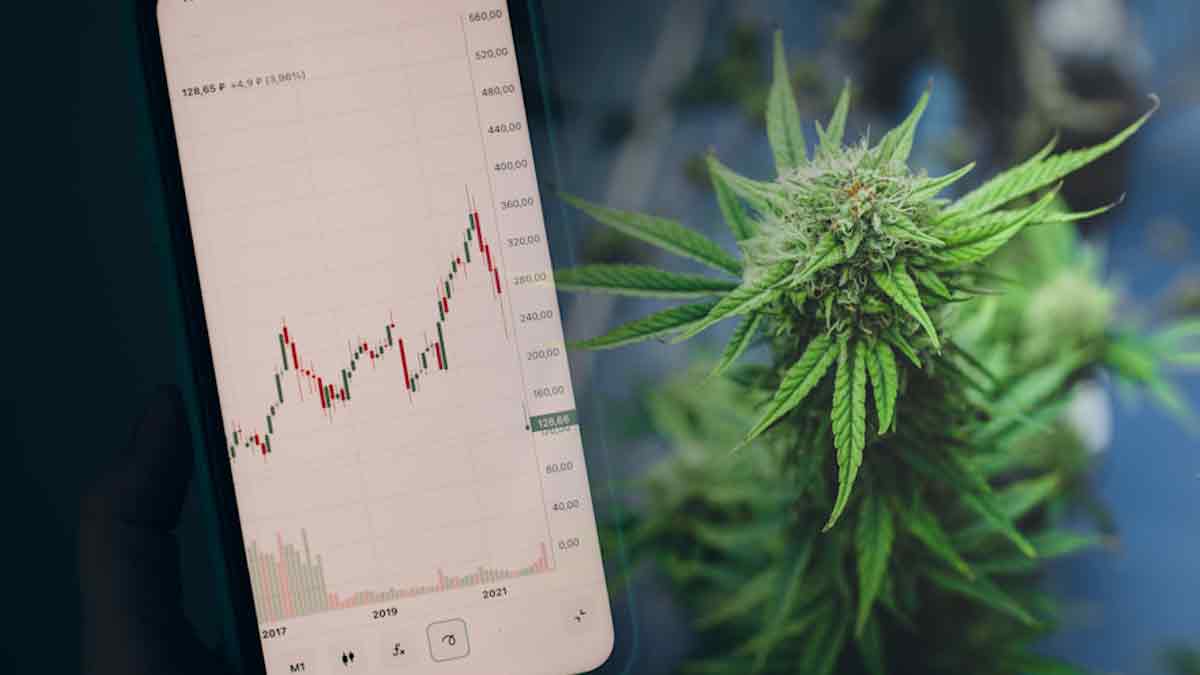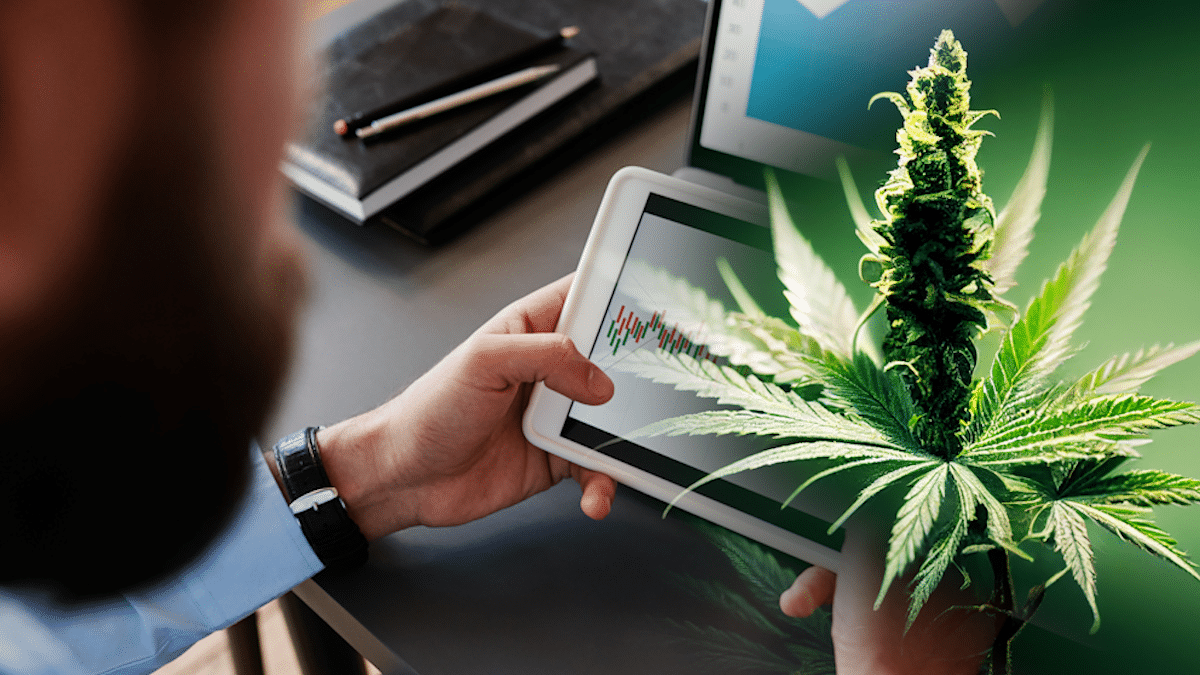Yep, It’s Really Happening…
3D printing and the unlimited potential of what they could possibly do has been a hot topic for quite a while now. People have been talking for years about how the use of 3D printers could exponentially reduce the time it takes for creating prototypes for industrial parts and not to mention the money that could be saved.
All of those things are really just the tipping point as to what is possible with 3D printing. Imagine someday being able to end world hunger with the printing of food, or saving lives by printing human organs.
An Israeli company is already merging the aspects of 3D printing and therapeutics.
In a recent report by Forbes, Syqe Medical has been working to develop a pocked sized, 3D printed inhaler. The inhaler could be used to accurately dose medical marijuana patients with cannabis. Syge Medical has taken things a step further and all devices will be enabled with Wi-Fi technology so that doctors can connect in real time to monitor and ensure accurate levels of dosing.
The report goes on to mention Stratasys (NASDAQ: SSYS), who is one of the world’s largest 3D printing companies. Stratasys is the company responsible for engineering about three-quarters of the 3D printed parts for the inhaler. Using the fact that 3F printing is still fairly new, Stratasys was able to accelerate delivery of these inhaler parts well ahead of schedule.
Possibly even more interesting than the gaining popularity of 3D printing, is the concept of marijuana patients accurately being able to be potentially dosed with such exact doses of cannabis. Syqe Medical hopes that by making the dose specific and easy to administer, that they will be able to persuade the public, physicians, and perhaps regulatory agencies around the globe that the product is a safe and effective form of dosing cannabis.
As interesting as it is, there is definitely still a long way to go. While advancements continue to happen, the possibility of this happening for patients in the US is most likely a long way off.
The challenges that medical marijuana faces in the US are numerous. It still remains a schedule 1 drug, as determined by the Drug Enforcement Agency. That makes it more of a challenge to gain broader approval for medical use nationwide.
Another challenge is that it has yet to be determined by the U.S. Food and Drug Administration and doctors as to if medical marijuana could ever be considered a mainstream therapy.
Lastly, the long term affects of using marijuana change depending on what the source of the information is. While there is a lot of potential for cannabis as a therapeutic source, the timeframe in which people want to see it because mainstream may be a lot longer than people want.
MAPH Enterprises, LLC | (305) 414-0128 | 1501 Venera Ave, Coral Gables, FL 33146 | new@marijuanastocks.com










